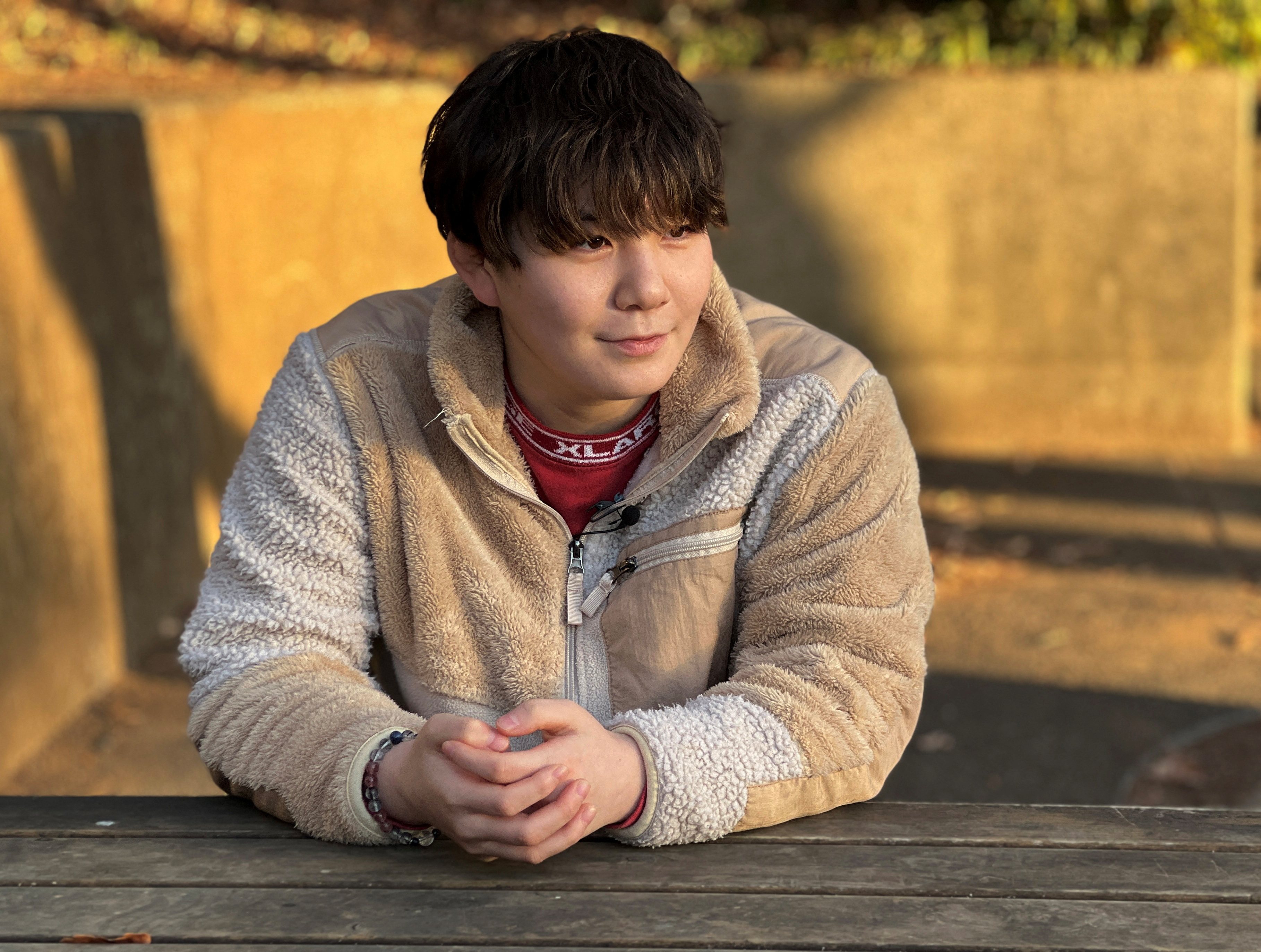
Rina Gonoi, a former member of Japan’s Self Defence Forces, who has accused colleagues of sexually assaulting her during her time in the military, speaks to Reuters in Yokohama, Japan, December 8, 2023. REUTERS/Chris Gallagher/File Photo Acquire Licensing Rights
FUKUSHIMA, Japan, Dec 12 (Reuters) – A Japanese court on Tuesday found three former soldiers guilty of sexually assaulting a female colleague, in a victory for the victim whose long battle for justice challenged taboos in a traditional, male-dominated society.
The case of 24-year-old former Self-Defense Forces member Rina Gonoi, which has drawn broad international attention, relates to a 2021 incident during her time in the army when she alleges she was assaulted by three male colleagues.
The defendants, who denied their acts amounted to sexual assault, were each given a two-year suspended sentence, local media reported.
“I think it was good for Japan’s society that the court handed down a guilty verdict and accepted the claims that I’ve made from the very beginning,” an emotional Gonoi told reporters outside the Fukushima district court after the ruling.
“(The verdict) shows that it’s not OK to do things for a laugh, that such acts are an actual crime,” she said, pausing mid-sentence to retain her composure.
Gonoi, who said she was subjected to persistent harassment after enlisting in 2020, alleged that the three men pinned her to the ground, pulled her legs apart and pressed their crotches against her in simulation of a sex act.
She complained to her superiors at the time of the incident but later decided to leave the army when no action was taken.
After Gonoi went public in 2022, Japan’s defence ministry issued a public apology to her and announced that five men connected to the incident had been dismissed and four others punished. Her allegations also sparked a widespread survey by the Japan’s defence ministry into sexual assault in the military.
Her rare decision to go public with her accusations garnered attention in a conservative society where speaking out against sexual violence has remained largely taboo.
It also coincided with an effort by Japan to recruit more women soldiers and build up its military to deter its powerful neighbour China and nuclear-armed North Korea.
Gonoi’s battle has attracted international recognition: Time Magazine named her on its list of 100 emerging world leaders while the British Broadcasting Corp included her among its 100 most influential women globally.
“I am appreciative of the fact that they value what I’m doing. There is a tendency in Japan when people speak up, they get criticised,” Gonoi told Reuters in an interview ahead of the verdict.
But at home she has also been the target of online vitriol.
“I have gotten many derogatory comments. But I know the world values what I’m doing,” she said.
Separately, Gonoi has also lodged a civil case against her former peers and the government, seeking damages for the alleged assault and the subsequent inaction despite her complaints.
Reporting by Sakura Murakami in Fukushima; Writing by John Geddie; Editing by Edmund Klamann
Our Standards: The Thomson Reuters Trust Principles.
Source link
 Kokani.me Kokani.me
Kokani.me Kokani.me

